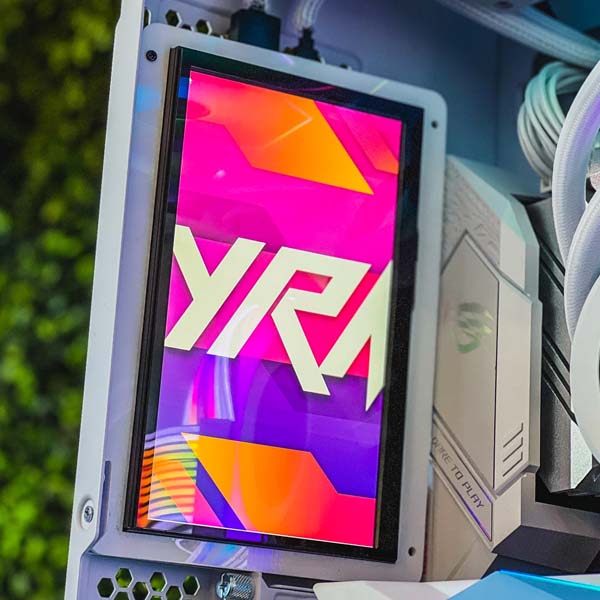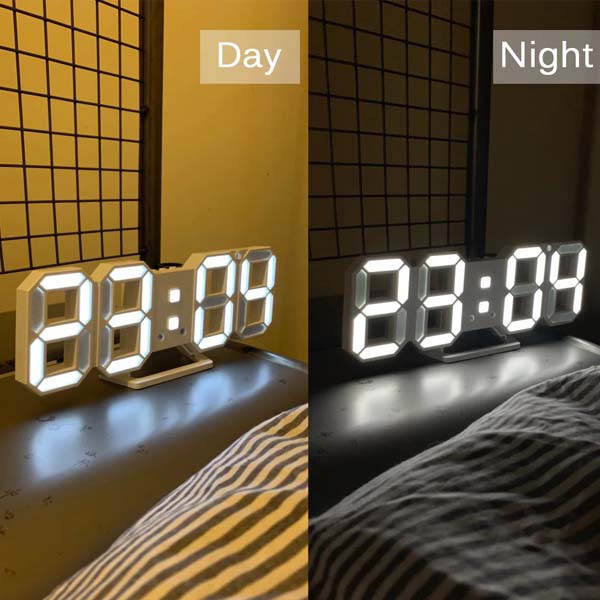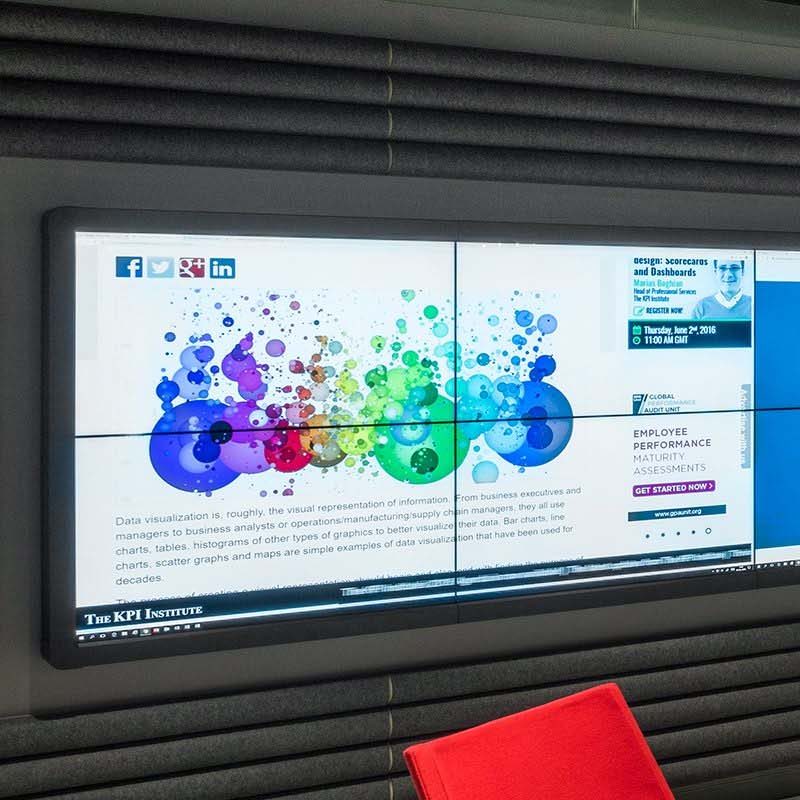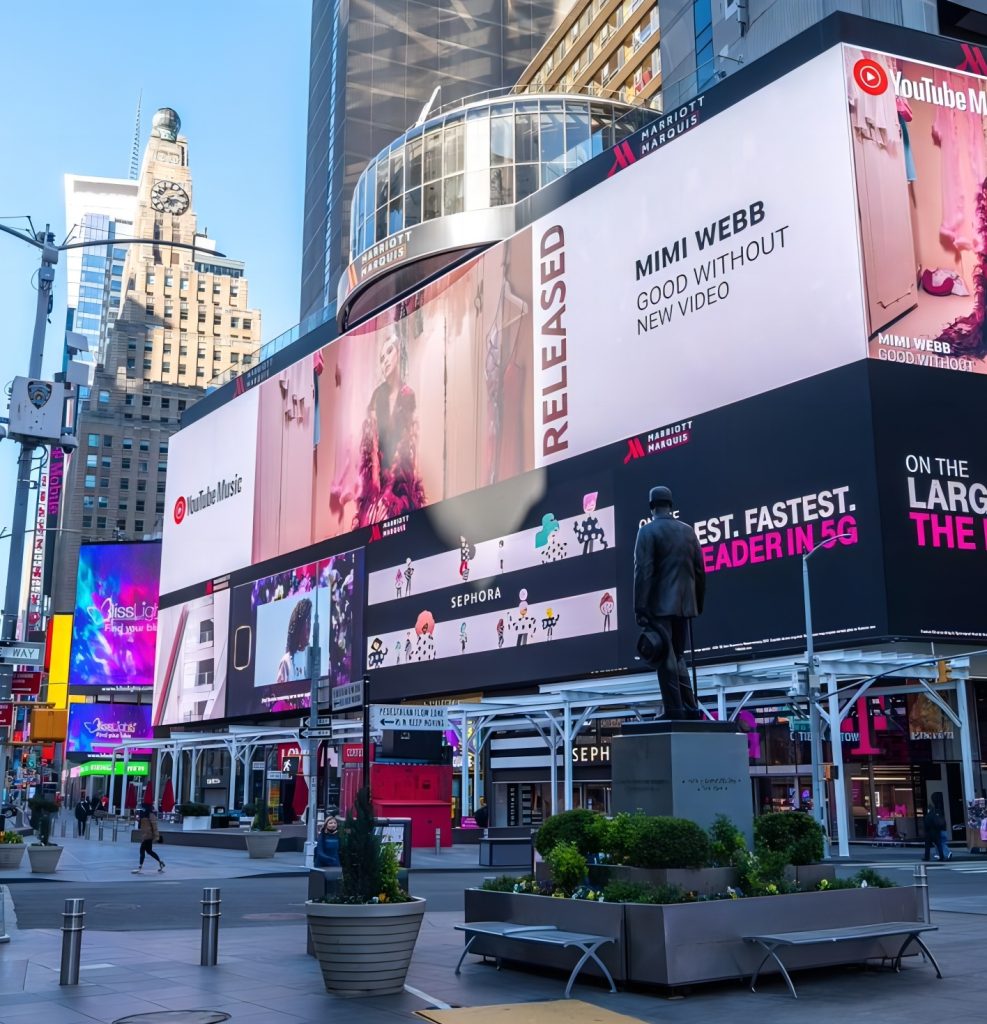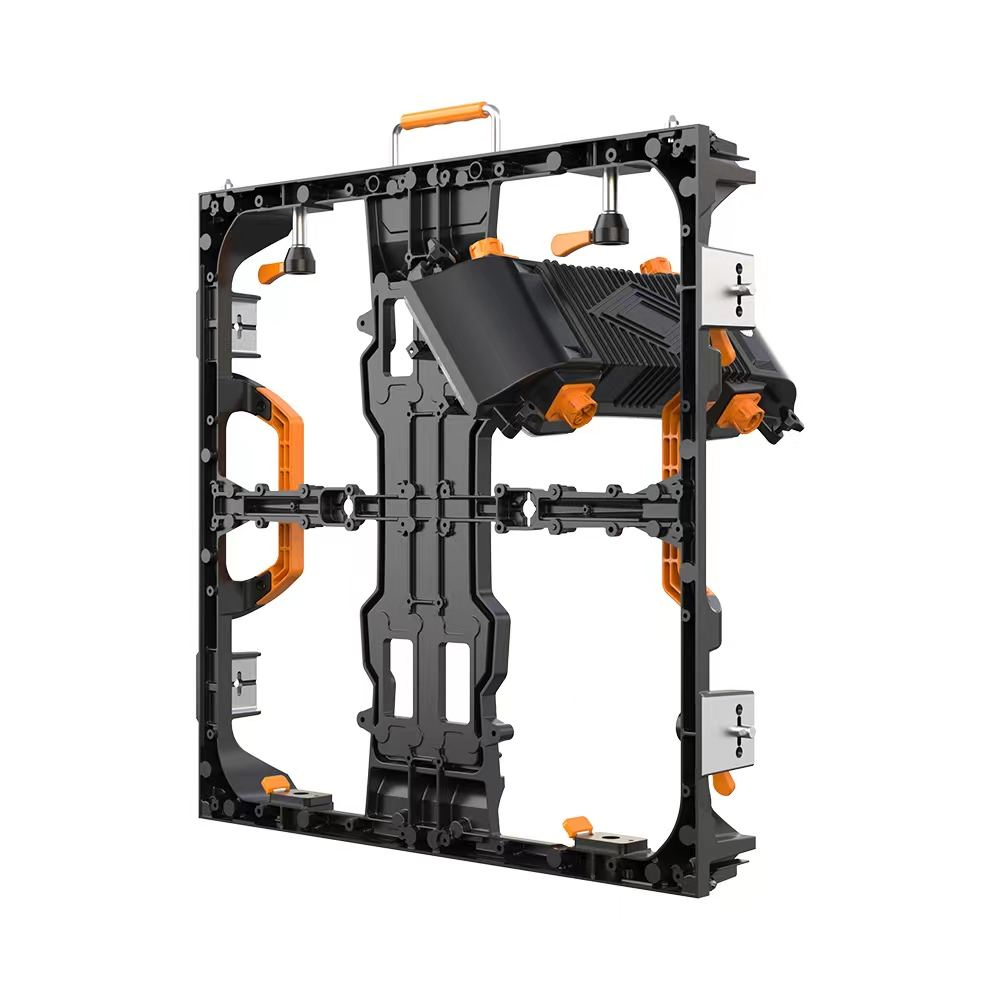Introduction
We are witnessing a dramatic shift in how businesses and cities communicate. As artificial intelligence (AI) and the Internet of Things (IoT) redefine digital infrastructure, Smart LED Displays are becoming the centerpiece of a new generation of signage—one that is intelligent, responsive, and interconnected. No longer just passive display screens, these systems are evolving into real-time data hubs that adapt to audiences and environments in ways that traditional signage never could.
From retail stores and airports to smart campuses and city squares, smart LED displays are not only enhancing visual communication—they are transforming it.
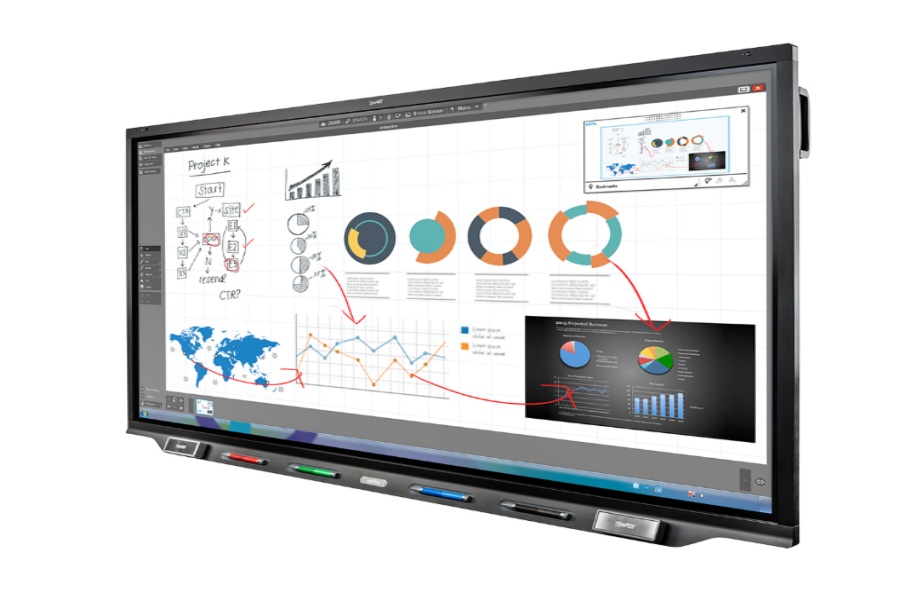
What Is a Smart LED Display?
A Smart LED Display is an LED-based digital signage solution enhanced with intelligent technologies such as:
AI algorithms (for content recommendation, audience analysis, and behavior prediction)
IoT integration (environmental sensors, connected devices, data streams)
Cloud content management systems (CMS) for remote, centralized control
Edge computing modules for local data processing
Unlike standard digital signs, smart displays offer real-time automation, context-aware content, and user interactivity—powered by machine learning, sensors, and APIs.
Key Benefits of Smart LED Displays
Dynamic, Targeted Messaging
Smart displays can adjust content based on time of day, weather, audience demographics, or inventory levels. For example, a retail screen might promote umbrellas when it’s raining or suggest breakfast items in the morning.
Real-Time Data Visualization
In transport or enterprise settings, smart LED displays can visualize live KPIs, queue lengths, wait times, or delivery tracking dashboards by connecting to operational systems.
Audience Recognition & Analytics
Using cameras and sensors, smart screens can analyze foot traffic, dwell time, gender, and even emotional responses. This data helps brands understand engagement and tailor messaging accordingly.
Multilingual and Accessible Interfaces
Smart displays can automatically detect user language preferences or accessibility needs and adjust content (e.g., subtitles, voice prompts, font size) in real time.
Centralized, Scalable Control
Thousands of displays across regions can be controlled from a single platform—enabling synchronized campaigns, global updates, and usage tracking with minimal human intervention.
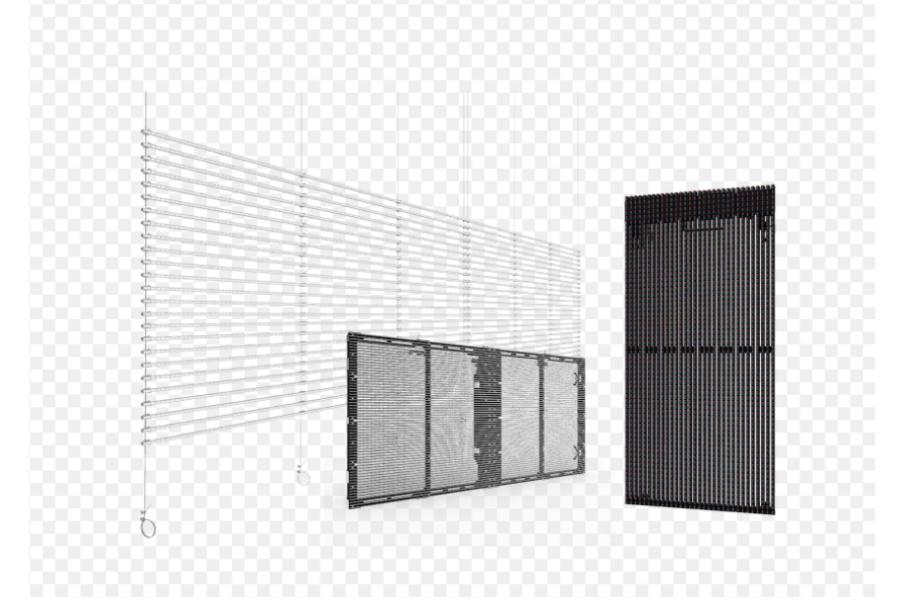
Use Cases of Smart LED Displays Across Industries
Retail and Shopping Malls
Personalized promotions based on customer data
Inventory-aware dynamic pricing or discounts
Interactive product finders and smart fitting room mirrors
Transportation Hubs (Airports, Metro, Bus Terminals)
Real-time travel updates with crowd monitoring
Emergency messages triggered by environmental sensors
Ad playback adjusted to passenger flow or schedule changes
Smart Cities and Municipal Use
Environmental dashboards (air quality, weather, traffic)
Event and emergency updates triggered by city data feeds
Crowd-based ad pricing using density analytics
Education and Corporate Campuses
Timetable displays that adapt to classroom changes
Meeting room booking boards with QR access control
KPI dashboards that visualize team or system performance
Case Study: KSSDISPLAY + AI-Retail Integration for UrbanMart Chain (Taiwan)
Project Scope: Over 80 smart LED indoor and window-facing displays deployed across 30 stores
Technologies Used:
AI-driven content recommendation engine based on customer POS data
Facial detection for audience profiling (gender, age group)
IoT link to inventory management for product promotion automation
Remote CMS access for marketing HQ with local store override options
Outcomes:
42% increase in promotion conversion rate
28% reduction in manual content scheduling labor
Real-time campaign ROI metrics accessible to corporate dashboard
Technical Architecture of Smart LED Displays
| Component | Function |
| AI Engine | Predicts audience interests and recommends content |
| Edge Processor | Handles local computation, buffering, content fallback |
| Sensors (Light, Motion, Temp) | Adapt brightness, content, or trigger alerts |
| Cloud CMS | Centralized media scheduling and analytics dashboard |
| Data APIs | Connect to CRM, POS, traffic systems, etc. |
| Security Protocols | HTTPS, firewalls, device encryption |
Smart displays must balance real-time responsiveness with data privacy and network efficiency. Hybrid cloud-edge systems are ideal.
Why KSSDISPLAY Is a Leader in Smart Display Solutions
KSSDISPLAY brings together hardware innovation and software intelligence with:
Modular LED panel systems (indoor, outdoor, transparent, shaped)
SmartCMS™ platform with AI content recommendation
Edge computing compatibility with TensorFlow Lite and NVIDIA Jetson modules
Custom API integrations for retail, civic, and industrial IoT ecosystems
Global support with multilingual training, 24/7 cloud monitoring, and local installers
We’ve powered smart display rollouts for:
City centers in Korea and Malaysia
Shopping malls in Dubai and Singapore
University campuses in Europe
Trends Defining the Future of Smart LED Displays
Generative AI for Content Creation
AI models that create ad copy, video clips, or interactive layouts in real-time, tailored to audience profiles.
Voice-Activated Displays
Especially in public kiosks, touchless interfaces driven by NLP improve hygiene and accessibility.
Autonomous Scheduling
AI systems that plan campaigns based on sales, weather, inventory, or time-sensitive performance.
Carbon-Sensitive Content Delivery
Green-aware content modes that adjust power use based on grid load or store solar output.
Metaverse and XR Integration
Smart LED walls serve as portals to AR/VR content or NFTs, linking physical and virtual brand experiences.
Conclusion
Smart LED Displays are ushering in a new era of digital signage—one where screens are no longer passive, but adaptive, data-aware, and insight-driven. In a world where attention is currency, these intelligent platforms help businesses and governments deliver the right message to the right person at the right time.
As a pioneer in smart visual systems, KSSDISPLAY offers robust, scalable, and AI-ready display infrastructure that helps you not just keep up—but lead in the intelligent communication age.

